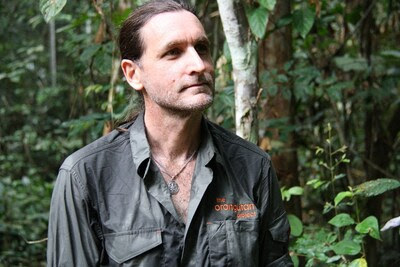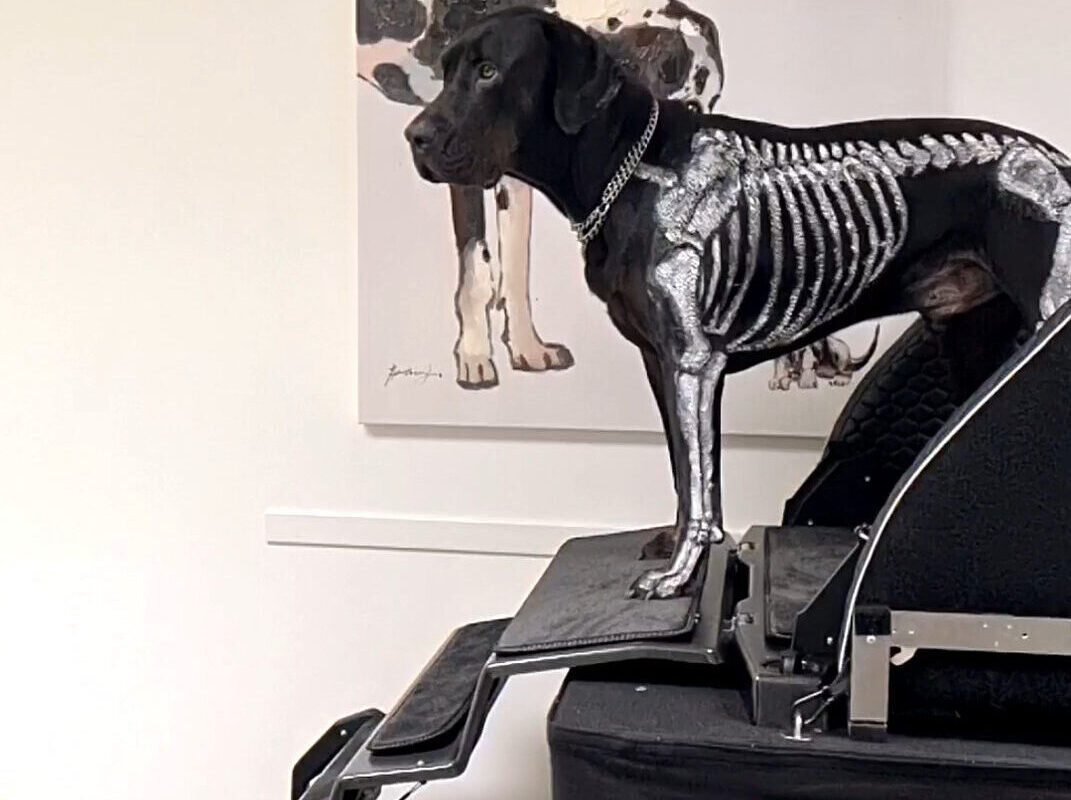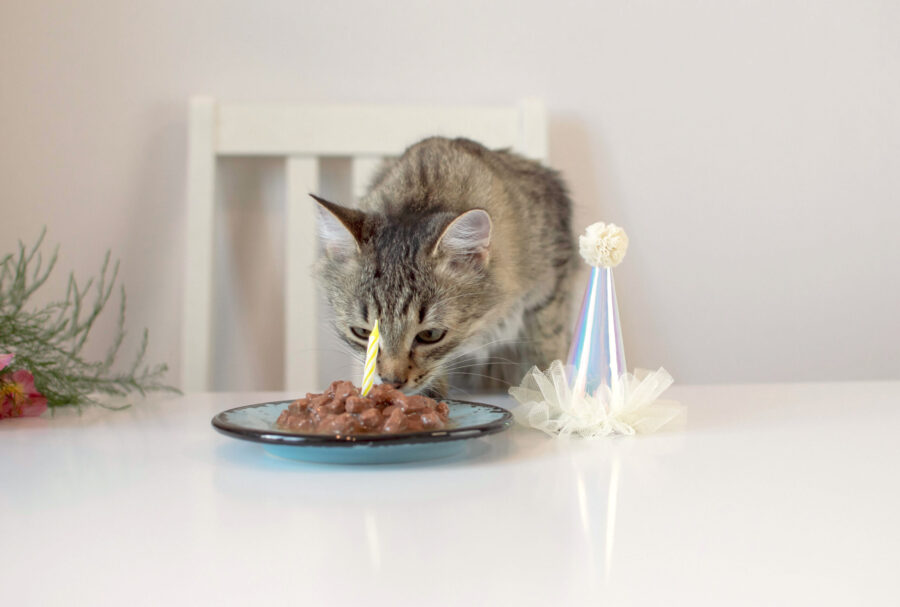In a revelation that is bound to worry wildlife activists and conservationists in India, at least four orangutans were seized by various forest departments in the country in recent months, according to well-known international wildlife conservationist Leif Cocks, whose organization works to rescue and rehabilitate the great apes in Indonesia. What’s worse, some of these orangutans have not been returned to their home as mandated by India’s own Wild Life (Protection) Act, 1972, and international law. Instead they have been handed over to a “billionaire’s private zoo”. Cocks did not identify the billionaire.

The animals, mostly young ones stolen from their mothers and their natural habitat in the rain forests of Sumatra and Borneo, are smuggled into the country for the illegal trade in exotic pets, Cocks told TheSnout.in in a Zoom conversation. The illegal trade in so-called exotic pets, which is not limited to India, involves the animal traffickers, some corrupt officials and veterinarians, and a few nouveau riche nincompoops who don’t mind splurging money to acquire the supposed status symbols.
The most recent reported instance of an orangutan seizure in India was in November, when a baby orangutan, along with several other animals, mostly reptiles that included turtles and a few snakes, were rescued by officers of the Maharashtra Forest Department from cramped conditions in an apartment at Palava, a township on the outskirts of Bombay. Many of these species are categorized from “vulnerable” to “critically endangered” in the Red List of the International Union for Conservation of Nature. Trade in orangutans, a critically endangered species, is prohibited under the Convention on International Trade in Endangered Species of Wild Fauna and Flora, or CITES.
A senior forest officer confirmed that the orangutan seized from Palava is in the department’s care at Nagpur. The official told TheSnout.in that the baby orangutan is in good health. On repatriation to Indonesia, the official said the process is currently underway. The formalities are handled by the Ministry of Environment, Forests, and Climate Change of the Government of India. Once these are completed, the ape will be returned to the country of origin. However, the official also told TheSnout.in that the actual repatriation would be handled by the ministry and his department’s role would end with handing the animal over to the ministry’s representatives.
Cocks said his staff working in Indonesia have been imploring him to try and get the orangutans back to their native land, where they can grow up and live in the company of their kin in their natural rain forest homes. For good measure, they told him that if he thought official corruption in Indonesia was bad, he should check India out.
Cocks said that while the illegal exotic pet trade is a threat to many species, what the authorities have done is no less of a threat and flies in the face of international laws and conventions. He hoped concerned animal welfare activists in India would take the issue up.
The founder of Wildlife Conservation International, a registered charity in Australia, New Zealand, The Netherlands, Canada and the USA that works for the conservation of orangutans, tigers, elephants, and forests, began as a zookeeper at the Perth zoo in Western Australia. Asked what drew him specifically to orangutans, he said he was struck by how intelligent and human-like they were and eventually made it his life’s mission to return them to freedom and their own environment and “culture”. Cocks got his master’s degree from Curtin University in Western Australia for his study of the factors that affect the health and well-being of captive orangutans.
Cocks rubbished the claim that growing pressure from rising populations in the countries of the Sunda shelf is primarily responsible for the continuing destruction of orangutan habitat in Indonesia. He said it was the greed of multinational corporations that was the real driver of the destruction through mining, logging, and plantation and not so much the need of people for land for farming. In fact, he said, his teams in Indonesia have been working with local populations on sustainable agriculture inside the rain forests without destroying the tree cover.
Asked why he made the alarming statement recently that the world has only about a decade in which to save orangutans, Cocks clarified that he did not mean the species would die out in 10 years, but that the destruction of its habitat and the decline in numbers may become impossible to reverse without decisive action to preserve them in the next 10 years. He said the rain forests that the orangutans call home are not important just for the apes but for the earth itself, as the destruction of these forests causes more global warming than all the transport systems in the world put together. He said scientists have started noticing rapid degradation in some parts of the Amazon rain forests in South America and these areas could eventually turn into a savannah, or grassland. Such an eventuality, which would also splinter the rain forests into disconnected blocks, would threaten several species, he said.
Cocks laughed when asked the criticism that is often levelled at environmental and animal welfare activists that they are well-off “do-gooders” whose own needs and desires have been fulfilled, and pointed out that only those who are not struggling for survival can afford to think and act on issues bigger than themselves. “If I have a family that I am struggling to feed, it is unlikely that I will be concerned about orangutans in the forest,” he said.
He agreed, however, that there is an element of truth to the perception that many animal rights activists prefer to work on their own and find it difficult to collaborate with others working for the same goals. This, he explained, is because many tend to see others working in the same field as rivals for the “hero” tag, which unfortunately makes them see these rivals as bigger villains than the villains they are all purportedly fighting against.
Sandy Pawpaw
Sandy Pawpaw is a fierce advocate of unleashing the animal in, and with, you.



